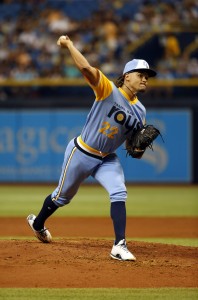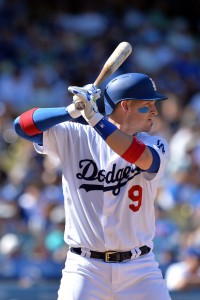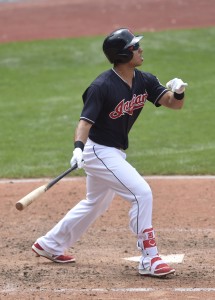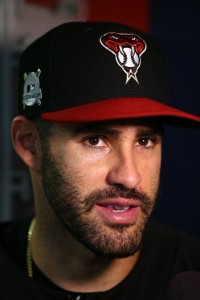There hasn’t been much action on the free agent front as we approach the end of November, and we’re still a couple of weeks away from the epicenter of offseason activity known as the Winter Meetings. Still, it isn’t uncommon for one big signing to trigger a plethora of other moves, so now it may just be a question of figuring out which major 2017-18 free agent will set off the offseason’s business by being the first to land a new contract.
Looking at MLBTR’s list of the top 50 free agents, of course, one very big name has already decided on his 2018 team — Masahiro Tanaka, the #5 free agent on the list, decided not to opt out of his deal with the Yankees. (Justin Upton also reached his new five-year agreement with the Angels before our list was published, otherwise he would’ve certainly had a high placement.) With Tanaka off the board, the top ten players on MLBTR’s list are, from 1-10: Yu Darvish, J.D. Martinez, Eric Hosmer, Jake Arrieta, Mike Moustakas, Lorenzo Cain, Wade Davis, Lance Lynn, Greg Holland, and Alex Cobb.
Beyond how each player personally chooses to approach the market, there are several other big-picture factors that will impact how quickly any of these free agents may find another contract. Shohei Ohtani’s free agency and the Giancarlo Stanton trade talks could hold both the pitching and hitting markets at bay until either situation is resolved. Eight of the ten players (all except Darvish and Martinez) have draft pick compensation tied to their services via the qualifying offer. Martinez, Hosmer, Arrieta, Moustakas, and Holland are all represented by Scott Boras, who is known for waiting deep into the offseason for finding a suitable contract for his clients.
There’s still a lot of uncertainty in this offseason’s market…but hey, that just makes predicting all the more fun! Who do you think will be the first of the top 10 free agents to ink a new deal? (Poll link for App users)




